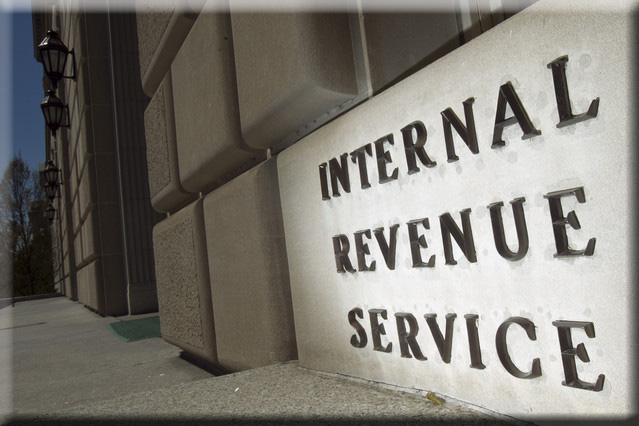AICPA
AICPA Asks IRS to Change Tangible Property Regulations for SMBs
The AICPA is urging the Internal Revenue Service (IRS) to act quickly to relieve the administrative burden imposed on small business taxpayers by the tangible property regulations
Oct. 09, 2014

The American Institute of CPAs (AICPA) is urging the Internal Revenue Service (IRS) to act quickly to relieve the administrative burden imposed on small business taxpayers by the tangible property regulations (T.D. 9636), which are often referred to as “repair regulations” that were issued earlier this year. The regulations provide a general framework for distinguishing capital expenditures from supplies, repairs, maintenance, and other deductible business expenses.
The orgfanization sent a letter to the IRS on October 8.
“As we and our members have discussed with you on multiple occasions, we are particularly concerned about the administrative impact of the low amount ($500) of the de minimis safe harbor threshold for taxpayers without an applicable financial statement, the retrospective application of the rules, and the related administrative burdens on small businesses,” Jeffrey A. Porter, chair of the AICPA Tax Executive Committee, wrote. “We are also aware of Circular No. 230 obligations and challenges that practitioners will face when small businesses are unwilling or unable to precisely comply with this complex set of rules.”
Porter emphasized that “time is of the essence” because “a significant portion of the burdens placed on small businesses from the transitional requirement of the repair regulations will occur between now and the upcoming filing season.”
The letter recommended the following changes as a means of reducing the burden on small business taxpayers and their tax practitioners:
- Increase the de minimis safe harbor threshold amount for taxpayers without an applicable financial statement from $500 to $2,500 and adjusting the de minimis safe harbor threshold amount on an annual basis for inflation.
- Allow small businesses to elect to apply the repair regulations prospectively, without calculating adjustments with respect to prior-year tangible property costs.
